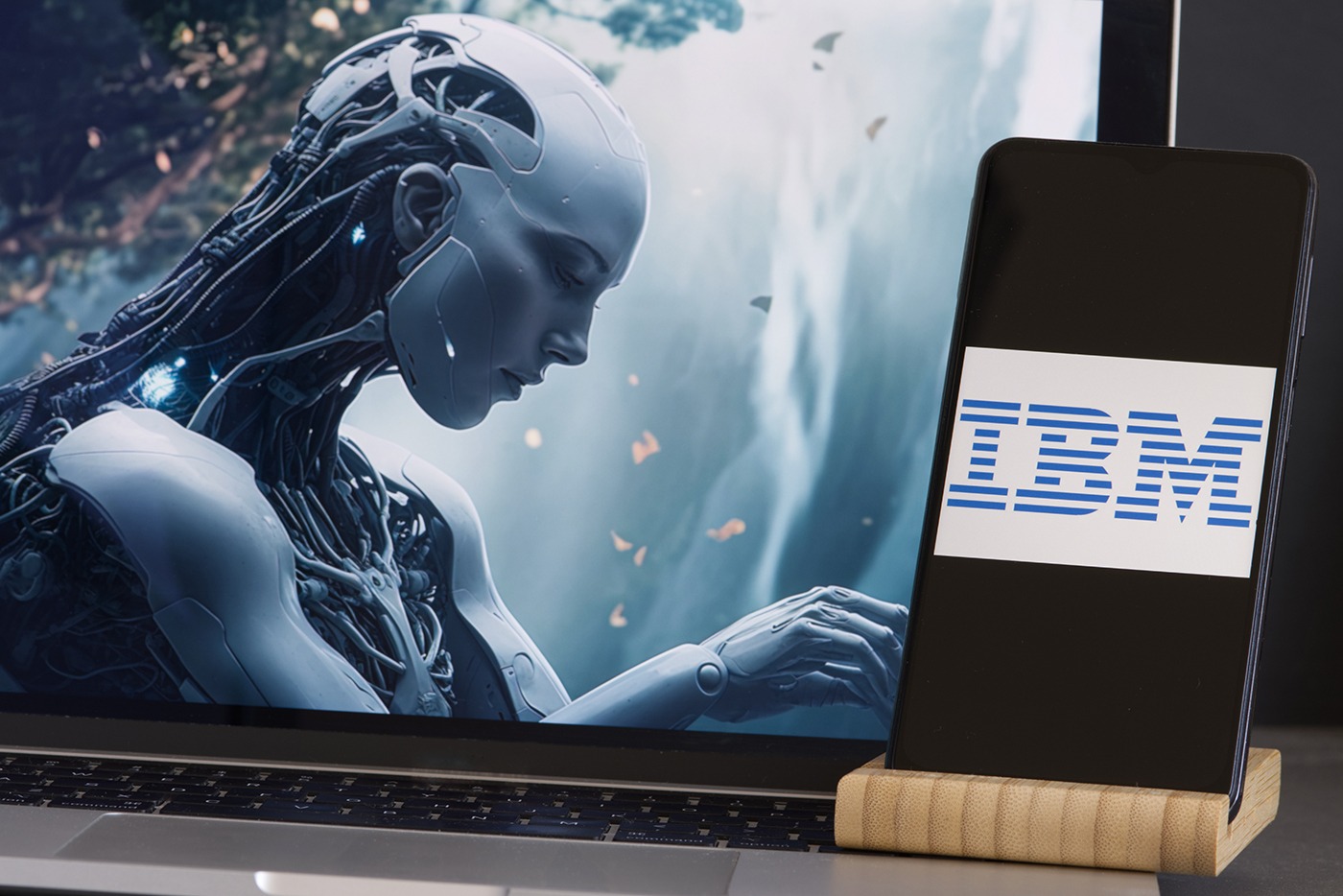How Technology Will Unlock New Ways Of Working In A Post-Covid World
2 July 2021
The way many organizations are run has undergone a seismic shift over the last 12 months. And while we like to talk about a “return to normalcy,” it’s clear there are some changes we’d be happy to see stick around.

Companies that were able to react quickly and thrive during the pandemic – largely those in the growing number of sectors that weren’t affected by people staying at home – have recorded some of their best-ever performances. These include names such as Amazon, as well as supermarkets that had robust delivery operations in place when the pandemic struck, providers of remote business tools such as Microsoft and Zoom, and businesses that deliver entertainment directly to us at home.
But some extent of change has been essential in just about every industry. And one discovery that many of us have made during the pandemic is that we are far more flexible and agile than we might previously have thought. This creates the possibility that we are moving into a period where there is going to be a greater appetite among business leaders for change – spurred on by the belief that “if we coped with that, then anything is possible.”
UK-based sustainable energy supplier Octopus made headlines this week when its CEO Greg Jackson said that his company has no HR or IT department. Reading past the attention-grabbing headline, it becomes clear that rather than simply saying that he is ignoring those essential business functions, he is talking about a shift in organizational paradigms away from the models that have traditionally been used to structure companies. In his domain, managers will take “Personal responsibility” within their departments for delivering the support services their staff need to get the job done. This requires training, as well as rethink down to the ground level of what a manager actually is, and what their role is within a team. As Jackson puts it, existing corporate structures “drown creative people in bureaucracy.”
Also making headlines recently, with what is on the face of it a less positive outlook, is Goldman Sachs CEO, David Solomon. Solomon’s view is that the current trend of working from home is an “aberration,” and he is strongly opposed to the idea that it will play a part in any “new normal” we will settle into.
This thinking isn’t unusual among leadership in industries that have traditionally encouraged long working hours and a centralized, desk or meeting room-based processes. The feeling (perhaps not yet verified by data) is that while they have coped with the exodus from city center offices, they haven’t exactly thrived. Certainly, there are very valid concerns over the impact that remote working is having in areas such as onboarding, training, and the development of a cohesive company culture. These are, in fact, the specific reasons Solomon highlights as a worry – he told a conference, “I am very focused on the fact that I don’t want another class of young people arriving at Goldman Sachs in the summer and working remotely.”
But of course, there’s another side to this. Before the pandemic, we were used to hearing that it was usual for investment bankers to work 12 hour days in the office and accept that time to spend on themselves and their families would be limited. Goldman Sachs might find that if its competitors are more open to exploring new models of working, and its star players have decided over the past year that they like the WFH lifestyle, it could have a major problem on its hands.
So, what’s the solution here? How do businesses balance the opportunities for bold and innovative working practices with the everyday reality of getting business done? Well, the answer lies in technology.
It is purely down to technology (and human adaptability) that many businesses have been able to survive the most disruptive event in human history since World War 2. Just as advances in medical technology have enabled vaccines to be created in record time, the tools and platforms that have allowed us to decentralize our offices and create remote teams were far less advanced just a decade ago. The processes we went through in 2020 would have been far more disruptive and messy if they had taken place in 2010.
This technology, along with our growing confidence that we can achieve things we would previously have considered impossible, is what makes radical thinking like Jackson’s a viable proposition. Of course, HR and IT administration skills will always be essential and highly valued. But with the level of artificial intelligence-driven automation that’s available today, much of the routine, day-to-day drudgery can be passed over to machines. This is possible right now for any business that has had the foresight and resources to build an AI and automation strategy, and as time goes on, it becomes increasingly viable for businesses of all shapes and sizes.
Once that’s done, the workload of the IT or human resources administrator looks considerably different. The idealistic prediction is that they become free to dedicate their time to tasks that truly require a human touch. This would include building up the workforce-wide culture of HR-awareness and IT-literacy that frees those functions from their existing siloed states – thus creating the department-free structure Jackson talks about.
When it comes to the question of who is going to return to offices, and when, once again, innovative thinking coupled with technology is likely to be the decider. Certainly, there will be times when it is more effective for groups of employees to be regularly located together and in consistent, unbroken contact. I believe extended reality solutions such as virtual reality (VR) and augmented reality (AR) will, at some point, all but eradicate the barriers between people that are inherent to digital collaborative working, but that could still be some way off. In the short to medium term, we could anticipate and plan for a model where the amount of work in the office or on-premise will be determined by the kind of tasks people need to perform (e.g., police officers will still need to go out to tackle crime and factory workers won’t be able to do their jobs from home), the level of tacit knowledge transfer that is required (where people learn from observing and benign with others), as well as the need to embed people in the corporate culture. This might mean that recent hires are more frequently based in offices or collaborative workspaces, whereas those who are practiced in their responsibilities have more freedom to choose where and when they work. In this world, trusting our established people that they are in the best position to choose how to fit work into their lives becomes the “new normal.”
Even before the pandemic, the pace of technological innovation meant it was very difficult to establish any lasting “normal,” so the idea that we will return to normal or even a “new normal” isn’t really that useful. The fact is that what is normal is constantly shifting, and if it (hopefully) isn’t being driven by a pandemic or other disasters throughout 2021 and beyond, there will be something else driving it. This could be new technology, new ideas, or new competitors. Adapting lessons we’ve learned over the past year to create positive change and efficiency across the entirety of our organizations – not just the parts that are currently under threat from disruptive events – is key to creating forward-looking and resilient businesses.
Where to go from here
If you would like to know more about , check out my articles on:
- 5 Technology Trends That Will Make Or Break Many Careers
- 9 Mega Technology Trends And How They Are Re-Shaping Our World
- 9 Technology Mega Trends That Will Change The World
- The 5 Biggest Technology Trends In Business
- The 5 Biggest Retail Trends In 2021
Or browse the Early Tech Innovations to find the metrics that matter most to you.
Related Articles
How Data And AI Are Reshaping Contemporary HR Practices
The world of human resources (HR) stands on the precipice of an exciting era powered by data and AI.[...]
Business Leadership In The AI Era – IBM’s AI Academy
Remember when the internet was new? Or if you’re a little older, when computers were new? Imagine being able to relive those days, with the benefit of hindsight – having the chance to build your business into the first Google, Facebook or Amazon.[...]
The Top 5 Artificial Intelligence (AI) Trends For 2024
Today, we're diving deeper into the five most significant AI trends set to reshape our world in 2024.[...]
The 10 Most Important Customer Experience (CX) Trends In 2024
Good sales and marketing, quality control, pricing, customer service and after-sales all help businesses to generate sales.[...]
From Digital Gucci To Blockchain Supply Chains: Retail’s Web3 Revolution
From the early days of online shopping to the rise of influencer marketing, there’s no doubt the internet has revolutionized how we shop and make purchasing decisions.[...]
Generative AI: The Secret Weapon Of Successful CEOs
Remember how amazed we were when ChatGPT made its debut just a year ago? Well, as we’ve since learned, that was only the beginning.[...]
Sign up to Stay in Touch!
Bernard Marr is a world-renowned futurist, influencer and thought leader in the fields of business and technology, with a passion for using technology for the good of humanity.
He is a best-selling author of over 20 books, writes a regular column for Forbes and advises and coaches many of the world’s best-known organisations.
He has a combined following of 4 million people across his social media channels and newsletters and was ranked by LinkedIn as one of the top 5 business influencers in the world.
Bernard’s latest book is ‘Generative AI in Practice’.










Social Media